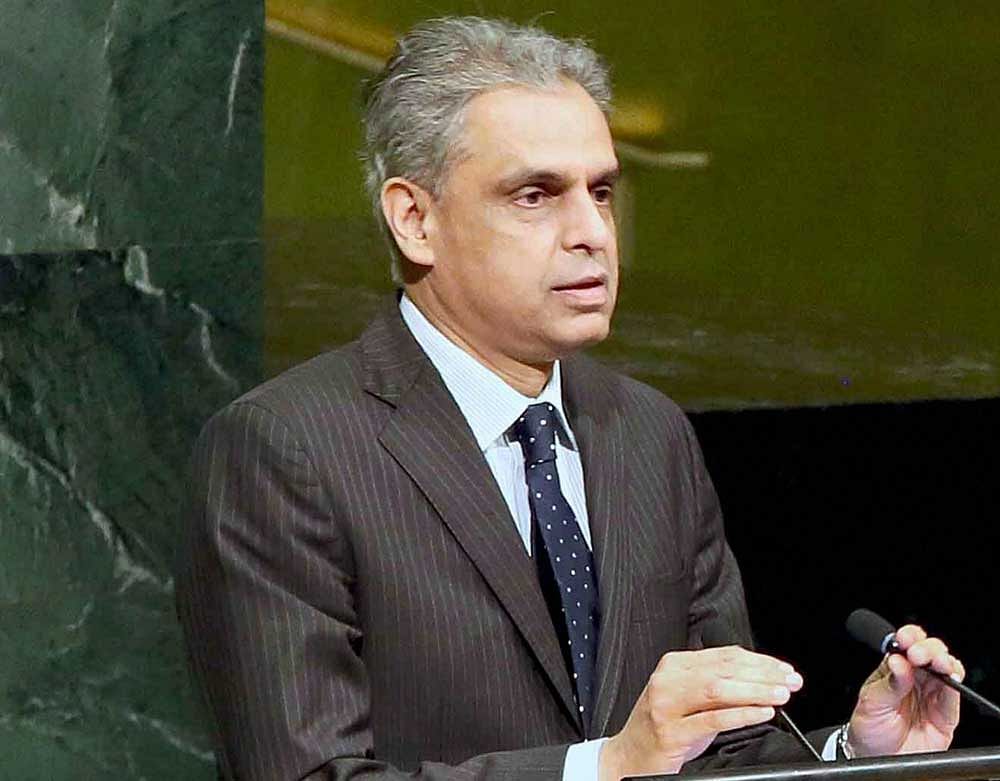India has argued for direct talks between the Afghan government and the Taliban, with United States President Donald Trump suspending his administration's negotiation with the militant organisation in the conflict-ravaged country.
New Delhi, which had reservation about the US-Taliban talks, argued that any future peace-process must preserve the “hard-won achievements” of the people of Afghanistan— the achievements they made over the past 18 years while embracing and strengthening democracy, “confronting brutal threats posed by terrorism”.
“It is the Afghan people who will implement and bear the consequences of any agreements arrived at. Hence, outcomes which have constitutional legitimacy and a political mandate and are arrived at in an inclusive and democratic way alone can ensure stability,” Syed Akbaruddin, India's Permanent Representative to United Nations, said, participating in the quarterly debate on the United Nations Assistance Mission in Afghanistan (UNAMA) at the Security Council.
“We, therefore, support the (UN) Secretary General’s call for direct talks,” said Akbaruddin.
Tadamichi Yamamoto, Special Representative of UN Secretary-General Antonio Guterres on Afghanistan, recently said that direct negotiations between the Afghan government and the Taliban were the only way forward and it was imperative that they commence as soon as possible.
His comment came just after the US president suspended negotiations with Taliban citing continued violence by the Islamist militant organisation in Afghanistan.
“Peace and reconciliation cannot go forward in an atmosphere of terror,” Akbaruddin said participating in the debate.
“There is a surge of violence in Afghanistan in recent days, including threats to the election process itself. This has deepened apprehensions that acts of terror are being used to jockey for a place of advantage in the negotiating process,” he said.
India called upon the international community to continue its support by fulfilling the commitments made to the Afghan security forces in their fight against the scourge of terrorism.
“The support and safe havens enjoyed from beyond Afghanistan’s borders by groups such as the Taliban, the Haqqani Network, Da'esh, as well as Al-Qaeda and its proscribed affiliates, including the Lashkar-e-Taiba and Jaish-e-Mohammed, must be addressed,” New Delhi's envoy to the UN said, ostensibly referring to Pakistan's role in supporting terrorism in Afghanistan, India and other countries in the region.

